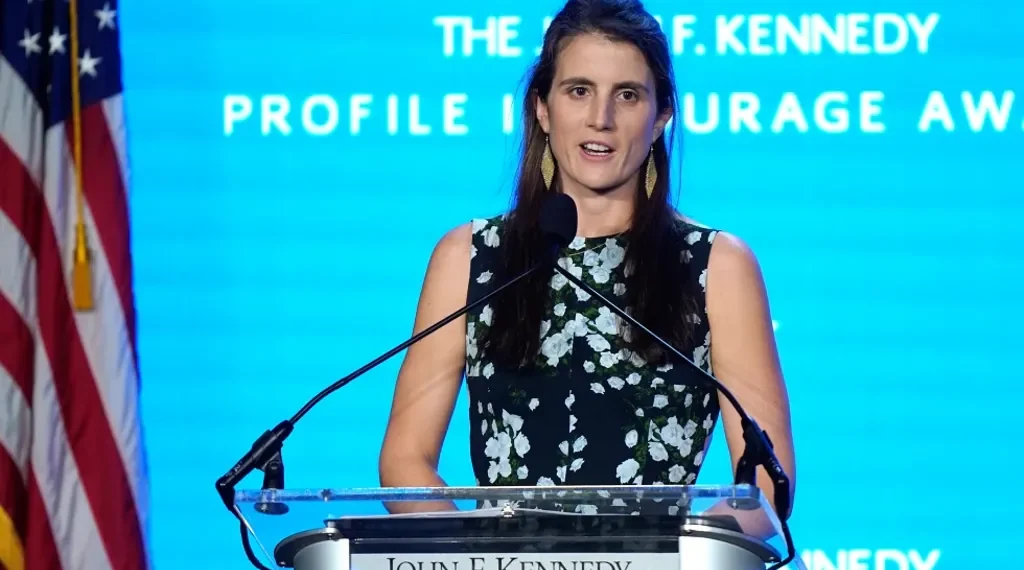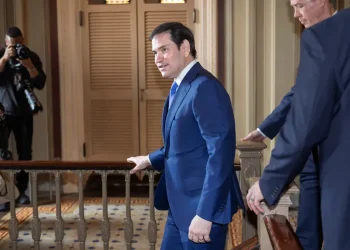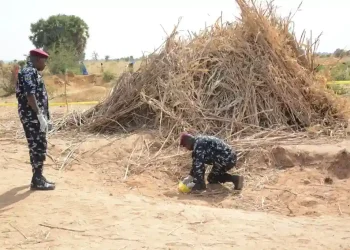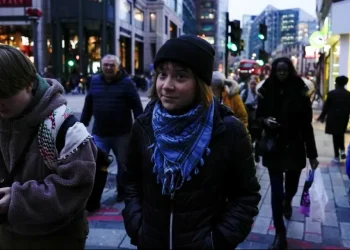Tatiana Schlossberg Announces Terminal Leukemia Diagnosis and Warns RFK Jr.’s Policies Could Harm Future Cancer Patients
Tatiana Schlossberg, the granddaughter of President John F. Kennedy, has revealed she is living with terminal cancer after being diagnosed with acute myeloid leukemia last year. In a personal essay, she expressed fears about her limited time with her young children and criticized policy decisions supported by her cousin, Health and Human Services Secretary Robert F. Kennedy Jr. Her announcement coincided with the anniversary of her grandfather’s assassination.
A Personal Revelation Shared on a Historic Anniversary
Tatiana Schlossberg confirmed on Saturday that she has been diagnosed with a terminal form of acute myeloid leukemia (AML), a fast-progressing cancer that affects the blood and bone marrow. The disclosure came in an essay published in The New Yorker on the sixty-second anniversary of her grandfather’s assassination, a date that continues to hold deep significance for the Kennedy family.
Schlossberg, an environmental journalist and author, is the daughter of Caroline Kennedy—currently U.S. Ambassador to Australia—and Edwin Schlossberg. She wrote that her diagnosis came in May 2024, shortly after the birth of her second child. Routine blood work revealed severely elevated white blood cell counts, prompting further tests that confirmed a rare genetic mutation associated primarily with older AML patients.
According to the American Cancer Society, AML is an aggressive cancer requiring rapid treatment. Younger patients tend to have better survival prospects than older ones, but rare gene mutations can complicate outcomes. Schlossberg explained that the nature of her mutation and the speed at which her cancer progressed meant her doctors prepared her early for difficult news.
Intensive Treatments and Limited Options
Since her diagnosis, Schlossberg has undergone multiple rounds of chemotherapy, two stem-cell transplants, and participation in clinical trials. Her first transplant used stem cells donated by her sister, while the second came from an unrelated donor. Despite these interventions, her care team has struggled to control the cancer’s progression.
During a recent experimental treatment, one of her doctors gave a blunt prognosis: he believed he could keep her alive for “a year, maybe.” Schlossberg wrote about the moment with heartbreaking clarity, acknowledging both the gratitude she felt for the medical teams trying to save her life and the fear that accompanies a terminal diagnosis.
AML, particularly forms with complex genetic markers, often requires a combination of chemotherapy, immunotherapy, and specialized transplants. Clinical trials are sometimes the only remaining avenues when standard therapies fail. Schlossberg’s account underscores the precarious nature of such treatments and the uncertainty faced by patients who depend on emerging scientific advances.
Concerns Over RFK Jr.’s Stance on Medical Research
In her essay, Schlossberg also raised alarm about policies supported by her cousin, Health and Human Services Secretary Robert F. Kennedy Jr. She argued that some of his positions—and the budget decisions he has endorsed—could jeopardize funding for research that directly benefits cancer patients like herself.
She cited, in particular, his support for cutting nearly half a billion dollars from mRNA vaccine research. While widely associated with COVID-19 vaccine development, mRNA technology has broader potential applications, including in targeted cancer therapies and individualized immunotherapies. According to the U.S. National Institutes of Health, mRNA-based cancer treatments are among the most promising areas of ongoing research.
“As I spent more and more of my life under the care of doctors, nurses, and researchers striving to improve the lives of others,” she wrote, “I watched as Bobby cut nearly a half billion dollars for research into mRNA vaccines, technology that could be used against certain cancers.”
Caroline Kennedy, Schlossberg’s mother, has previously urged senators to oppose RFK Jr.’s nomination, arguing that his long-standing skepticism of vaccines and medical science could undermine federal health and research agencies. Schlossberg’s essay adds a personal dimension to that criticism, linking budget decisions to potential consequences for patients.
Fears for the Future and the Weight of Family History
Schlossberg’s writing conveyed profound sadness about her children’s future memories, or lack thereof. She shares two young children with her husband, George Moran, and expressed anguish over the possibility that they may grow up without remembering her. She described feeling “cheated” of the life she envisioned—one defined by parenthood, partnership, and long-term plans abruptly disrupted by illness.
She also reflected on the emotional burden placed on her parents and siblings, who try to shield her from their grief even as they navigate their own. “For my whole life, I have tried to be good, to be a good student and a good sister and a good daughter,” she wrote. “Now I have added a new tragedy to her life, to our family’s life, and there’s nothing I can do to stop it.”
The Kennedy family has endured decades of loss, and Schlossberg’s admission adds another deeply personal chapter to a long, public history of tragedy. Yet much of her essay focused less on family legacy and more on the universal experiences of fear, hope, and uncertainty that accompany terminal illness.
A Call to Support Medical Research and Compassionate Policy
While Schlossberg’s essay centered on her personal story, it also served as a broader appeal to preserve and strengthen scientific research efforts. She praised the doctors, nurses, and researchers who have treated her and supported her family over the past year. Their dedication, she wrote, reminded her of the profound value of medical innovation and the importance of policies that protect investments in health research.
Her message aligns with long-standing calls from global institutions such as the World Health Organization and the U.S. National Cancer Institute, both of which highlight the importance of sustained funding for emerging cancer treatments, clinical trials, and next-generation therapies.
Although her prognosis remains uncertain, Schlossberg said she hopes her experience encourages others to recognize how policy decisions impact patients who depend on scientific advancements. Her essay closed on a note of reflection—an acknowledgment of the life she cherishes and the love that sustains her, even as she confronts limited time.
This article was rewritten by JournosNews.com based on verified reporting from trusted sources. The content has been independently reviewed, fact-checked, and edited for accuracy, neutrality, tone, and global readability in accordance with Google News and AdSense standards.
All opinions, quotes, or statements from contributors, experts, or sourced organizations do not necessarily reflect the views of JournosNews.com. JournosNews.com maintains full editorial independence from any external funders, sponsors, or organizations.
Stay informed with JournosNews.com — your trusted source for verified global reporting and in-depth analysis. Follow us on Google News, BlueSky, and X for real-time updates.














